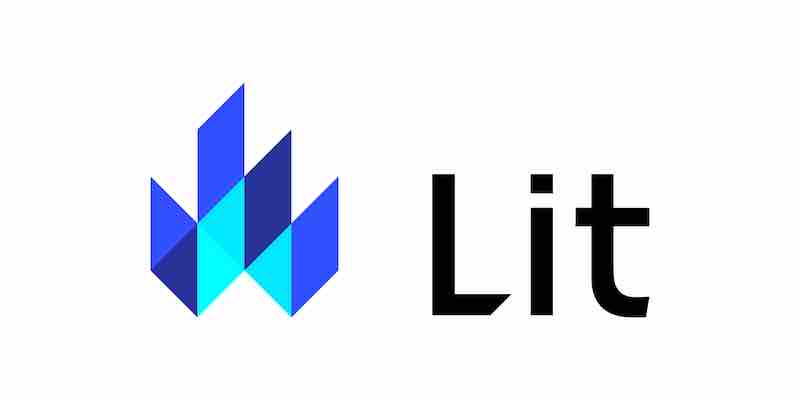Lit Up the Web: The Future of Web Components with Lit

Lit is a revolutionary tool that is transforming how developers approach web components. Here’s a deep dive into what makes Lit stand out:
- Simplicity at its Core: Lit is built on the foundation of Web Components standards. It eliminates unnecessary complexities, offering reactivity, declarative templates, and features that reduce boilerplate. This ensures developers can focus on what truly matters, making their jobs easier and more efficient.
- Speed and Efficiency: With a tiny footprint of around 5 KB when minified and compressed, Lit ensures your website loads quickly. Its rendering is exceptionally fast as it updates only the dynamic parts of the UI, eliminating the need to rebuild a virtual tree and compare it with the DOM.
- Interoperability and Future-Readiness: Every component created with Lit is a native web component. This means they are interoperable and can work seamlessly with or without any framework. Lit is ideal for creating shareable components, designing systems, and building future-ready sites and apps.
- Code Sample:
import {html, css, LitElement} from 'lit';
import {customElement, property} from 'lit/decorators.js';
@customElement('simple-greeting')
export class SimpleGreeting extends LitElement {
static styles = css`p { color: blue }`;
@property()
name = 'Somebody';
render() {
return html`<p>Hello, ${this.name}!</p>`;
}
}
<simple-greeting name="World"></simple-greeting>- Flexibility and Versatility: Lit components are standard custom elements, meaning browsers treat them like built-in elements. They can be used in hand-written HTML, framework code, or even be created using JavaScript. Additionally, Lit offers scoped styles using Shadow DOM, reactive properties, and declarative templates based on tagged template literals.
- Build Anything and Everything: Whether you want to create shareable components, design systems that cater to multiple frameworks, or build an entire app, Lit has got you covered. Embracing Web Components with Lit ensures minimal lock-in and promotes maintainability.
Many leading organizations have already adopted Lit for their projects, including Spectrum Web Components, Auro Design System, Momentum UI, and many more.
For those eager to explore more, Lit offers live tutorials, an interactive playground, and extensive documentation.
Stay connected with the Lit community on Discord, Twitter, GitHub, and Stack Overflow platforms.